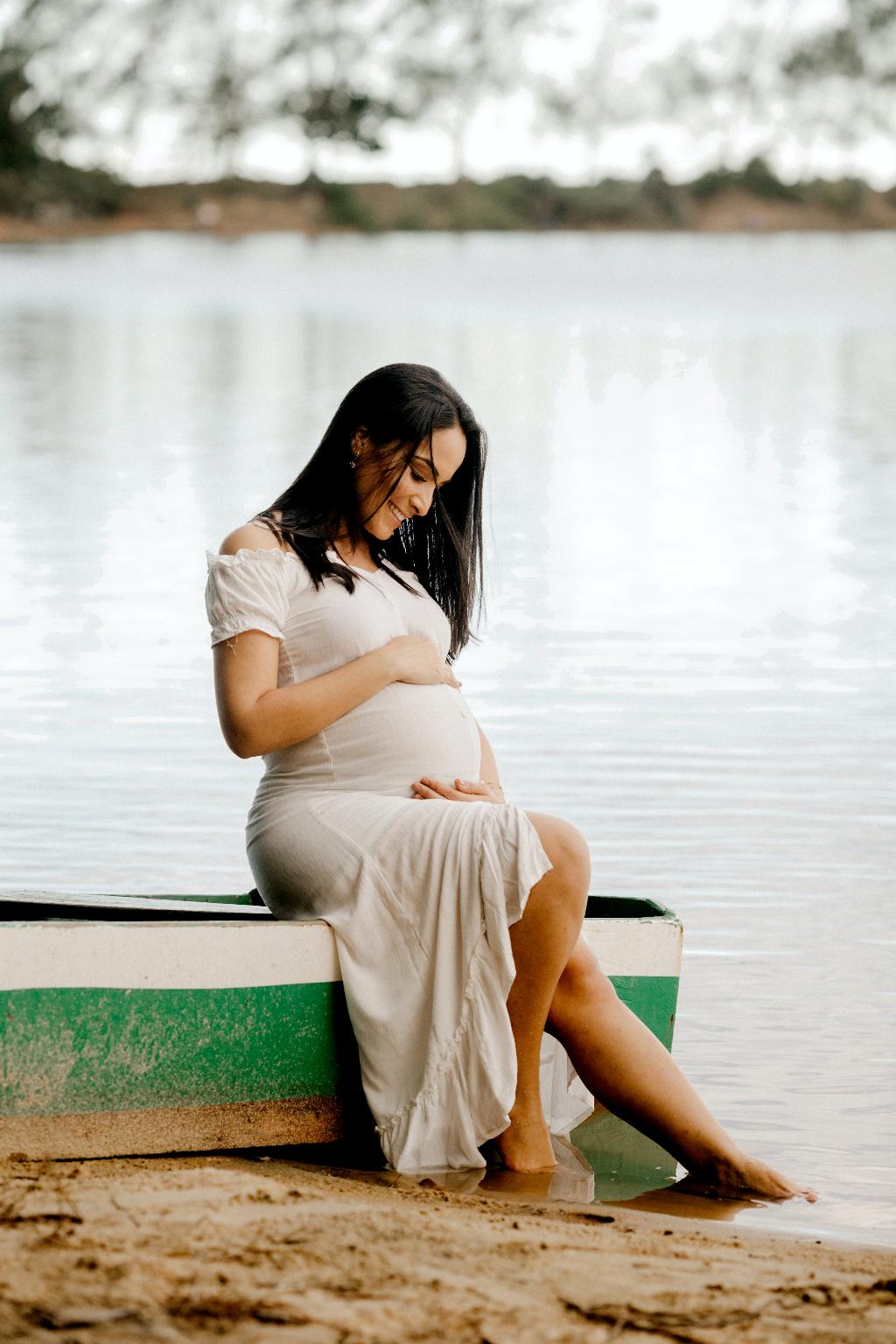When it comes to the question of whether 20000 IU of Vitamin D is safe during pregnancy, it’s essential to consider the recommendations provided by the RCOG Scientific Impact Paper. According to their guidelines, the treatment of vitamin D-deficient pregnant women involves the use of colecalciferol at a dosage of 20000 IU per week or ergocalciferol at 10000 IU twice a week over a period of 4-6 weeks.
For many pregnant women, ensuring adequate levels of Vitamin D is crucial for both maternal and fetal health. Vitamin D plays a vital role in calcium absorption, bone health, and immune function, making it essential during pregnancy. However, it’s always important to follow the recommended dosages to avoid any potential risks or side effects.
Studies have shown that Vitamin D deficiencies are common during pregnancy, with many women requiring supplementation to reach optimal levels. In cases where deficiency is identified, healthcare providers may recommend higher doses of Vitamin D to address the shortfall effectively.
The use of 20000 IU of Vitamin D in pregnant women with documented deficiencies is considered safe and effective under the guidance of healthcare professionals. It’s essential to undergo testing to determine Vitamin D levels before starting any supplementation regimen to ensure the appropriate dosage is administered.
During pregnancy, the body’s requirements for nutrients, including Vitamin D, increase to support the growing fetus and maintain maternal health. Adequate levels of Vitamin D can help prevent complications such as preeclampsia, gestational diabetes, and preterm birth, highlighting the importance of supplementation when necessary.
While Vitamin D is essential for overall health, including bone strength and immune function, excessive doses can lead to toxicity and adverse effects. It’s crucial to follow healthcare provider recommendations and avoid self-prescribing high doses of supplements, as this can pose risks to both maternal and fetal well-being.
Studies have shown that Vitamin D toxicity is rare but can occur with prolonged use of high doses, leading to symptoms such as nausea, vomiting, weakness, and kidney damage. Pregnant women should be cautious about exceeding recommended dosages and prioritize regular monitoring of Vitamin D levels during supplementation.
Healthcare professionals play a key role in assessing individual Vitamin D needs during pregnancy and tailoring supplementation plans accordingly. Factors such as dietary intake, sun exposure, and underlying health conditions can influence Vitamin D levels, highlighting the importance of personalized care.
It’s important for pregnant women to communicate openly with their healthcare providers about any supplements they are taking, including Vitamin D. Transparency about dosages and potential side effects can help ensure safe and effective supplementation throughout pregnancy.
In conclusion, the use of 20000 IU of Vitamin D during pregnancy is considered safe and beneficial for women with documented deficiencies. Following healthcare provider recommendations, undergoing regular monitoring, and maintaining open communication are key aspects of ensuring the safety and effectiveness of Vitamin D supplementation during pregnancy.
Remember, every pregnancy is unique, and individual needs may vary, so it’s essential to consult with a healthcare provider to determine the most appropriate supplementation plan based on your specific circumstances.

